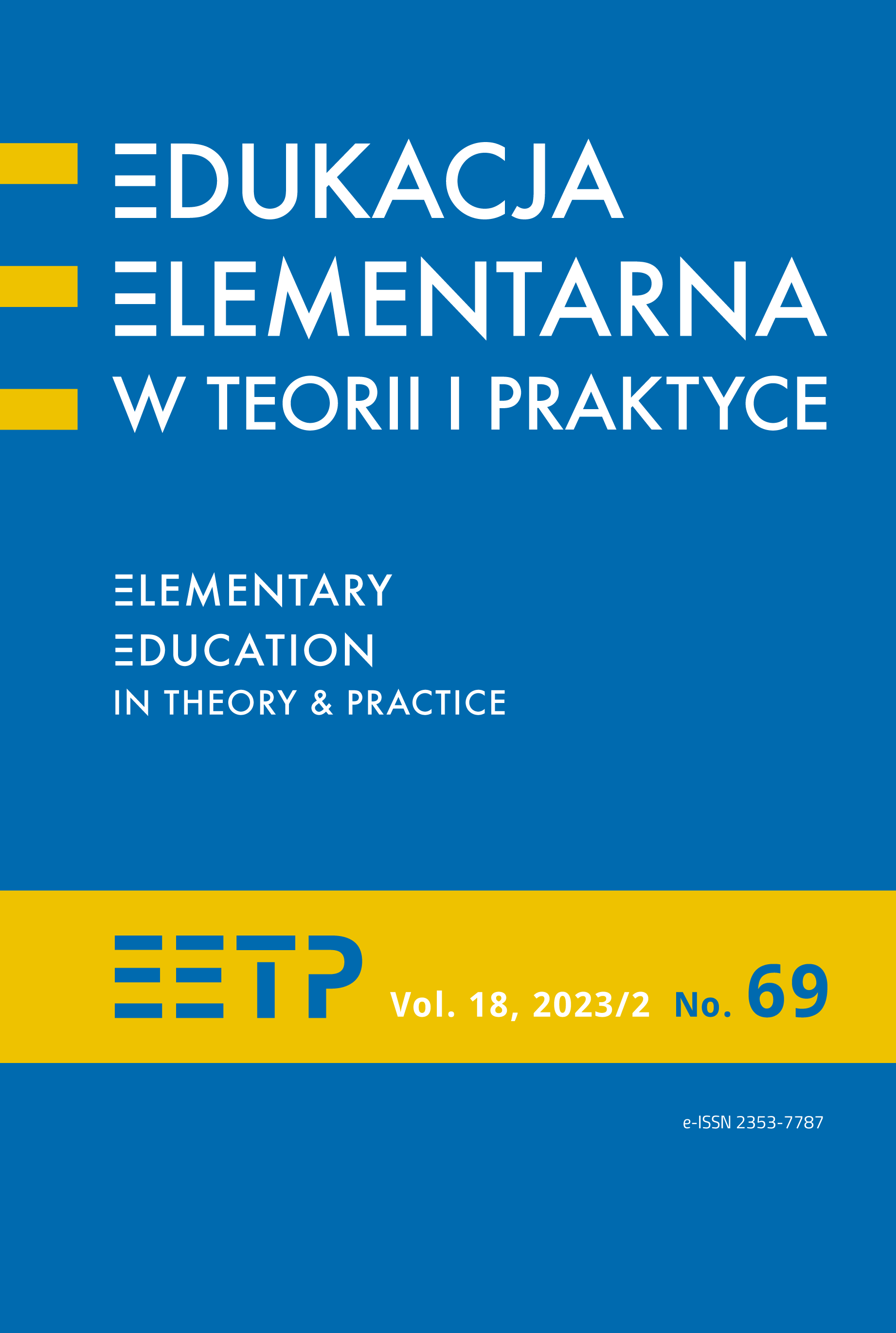Kształtowanie kompetencji społeczno-emocjonalnych dzieci w młodszym wieku szkolnym z wykorzystaniem programu Good Behavior Game (Gra w Dobre Zachowania)
Shaping Social and Emotional Competences of Children at an Early School Age Using the Good Behavior Game Program
Author(s): Anna KwateraSubject(s): Preschool education
Published by: Uniwersytet Ignatianum w Krakowie
Keywords: Good Behavior Game; an early school age; social and emotional competences; classroom management;
Summary/Abstract: At every stage of human development, a significant goal of modern education, both formally and informally, is to prepare or increase the level of a person’s adaptation to independent functioning in the society. It is based on the development of key competences (hard and soft ones), taking into account the components of knowledge, skills and experience. The earlier children start shaping them, the better the effects will be when the students acquire socially expected behaviors and attitudes. The article outlines the context of the implementation of the American program called Good Behavior Game (GBG) implemented in Polish schools as Gra w Dobre ZachowaniA (GDZ). Its main assumptions and methodology of application are described. The areas of its effectiveness that relate to the ways of shaping various aspects of the social and emotional functioning of the child at the beginning of his educational path were also indicated. The GBG program implemented in primary schools, included in the list of programs recommended by PARPA[1], belongs to the category of activities supporting education which definitely facilitate the formation of a set of competences constituting the content of expected attitudes. GBG/GDZ makes it easier for children who are just starting school to take up the role of students. For the teacher it is a proven tool for effective behavior management in the classroom, and in the long-term context it allows for the reduction of the frequency of risky behaviors in later adolescents and young adults.
Journal: Edukacja Elementarna w Teorii i Praktyce
- Issue Year: 18/2023
- Issue No: 2 (69)
- Page Range: 31-41
- Page Count: 11
- Language: Polish

